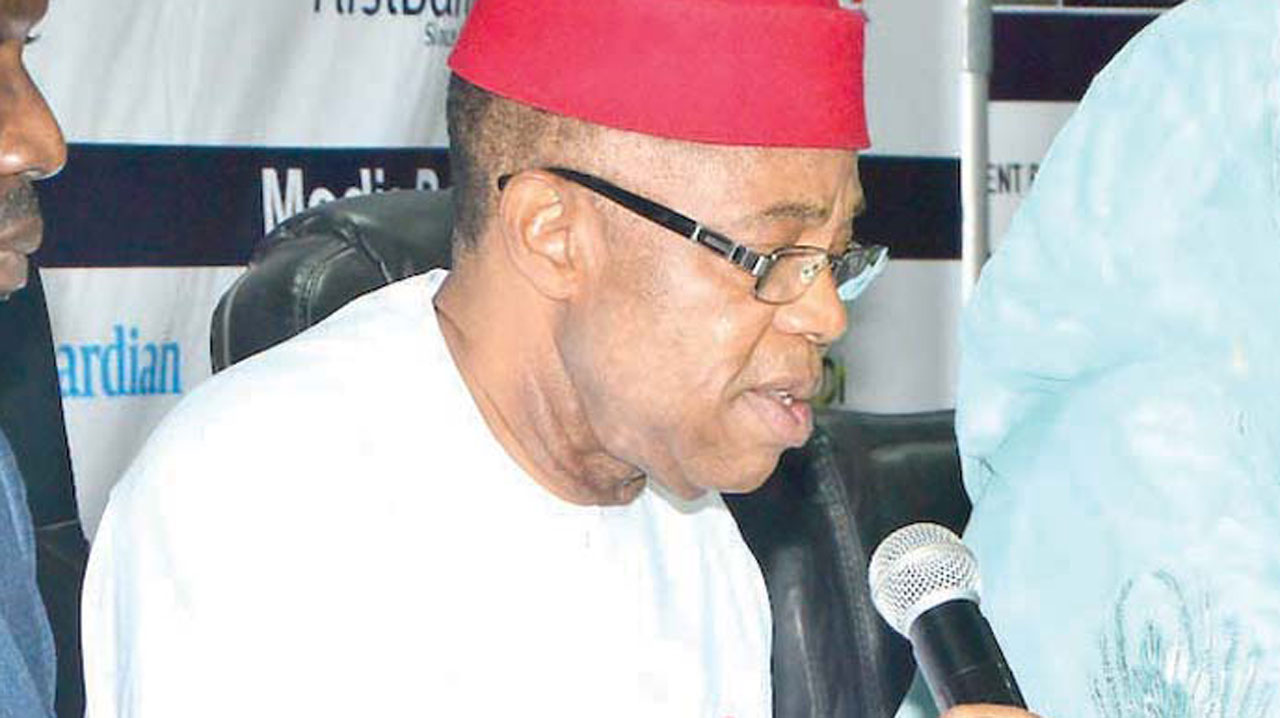
To ensure sustainability of various interventions in the real sector, local producers in Nigeria have challenged the Federal Government on the need to adopt indigenous policies in addressing socio-economic problems in the country.
Adopting the Tanzanian example, the manufacturers said similar challenges were addressed by the country deploying home-grown solutions.
Besides, the Manufacturers Association of Nigeria (MAN), also extolled the Central Bank of Nigeria’s (CBN’s) directive to allocate foreign exchange to manufacturers, noting that since February 2017, when the policy was issued, manufacturers have continued to get easy access to foreign exchange (forex) for importing their raw materials for production.
According to the President, MAN, Frank Jacobs, a huge chunk of its members are very happy with the policy, stressing that it had helped MAN members to boost their production activities in the country.
Preparatory to MAN’s 45th yearly general meeting scheduled to take place on the 13th of September, 2017, tagged, “Recovery and growth of the Nigerian economy,” Jacobs however noted that the economic growth rate of 0.55 per cent as revealed by the National Bureau of Statistics (NBS), is a welcome development, but wonders if the growth is real and sustainable.
“The impact of a positive improvement like this should be ideally felt by all classes of citizens in our country before one can boldly assert that a growth experience is inclusive. It appears that the growth rate is a positive development and that the Nigerian economy has summarily exited recession in the second quarter of 2017 after five consecutive quarters of contraction,” he added.
He said with appropriate mix of policies and concerned efforts of all stakeholders, the growth rate would eventually become inclusive and impact the lives of over 180 million Nigerians.
He appealed that the federal government learnt from the Tanzanian experience, and applied their models to address inherent challenges, while also adopting home-grown policies and strategies towards resolving Nigeria’s economic issues.
He assured that the Association will remain resolute in advocating a more conducive operating environment for manufacturers in Nigeria and the economy in general, to achieve economic growth and development.
He noted that the annual general meeting is broken into two parts which is expected to bring about an interactive session with the Governor of the Central Bank of Nigeria (CBN), and the Comptroller General, Nigerian Customs Service.
He said the former President of the United Republic of Tanzania, Benjamin Mkapa, will deliver the public lecture during the manufacturers’ annual lecture scheduled to hold the next day.
“Our choice of the speaker on the theme: “Sustaining economic recovery: Gleaning from the Tanzanian experience,” was based on his experience in managing an economy that experienced serious economic challenges like ours. We believe that the valuable experience he will share with us will further enrich our macroeconomic policy thrust,” he added.



